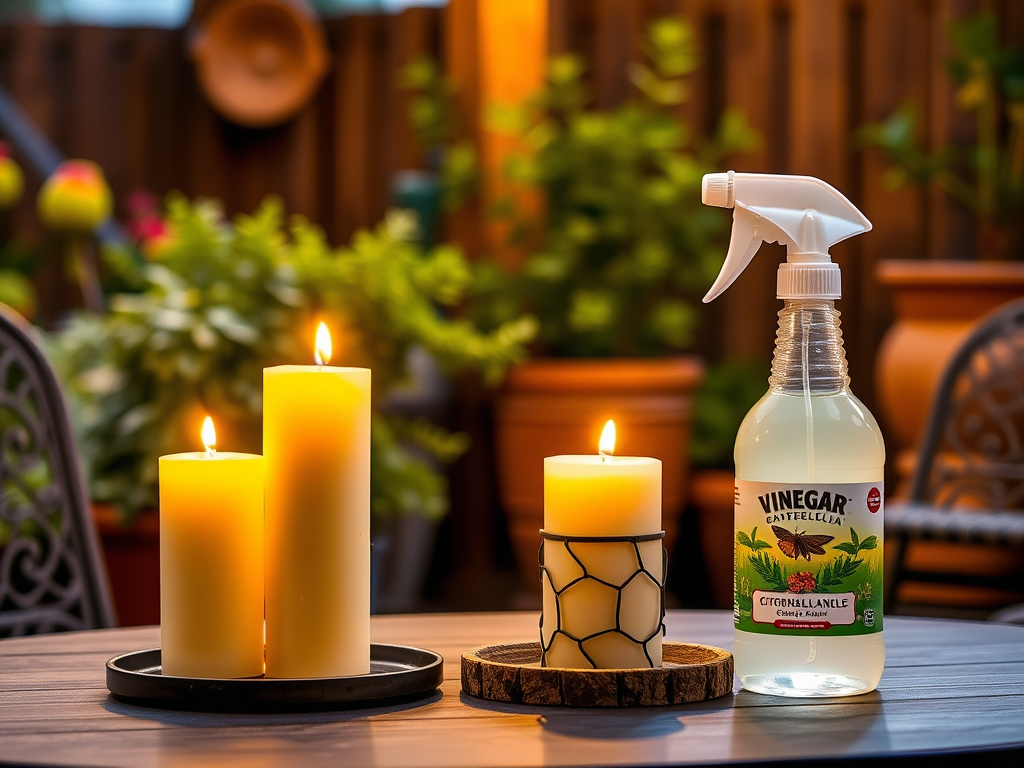When it comes to household pests, few things are as unsettling as the thought of mice scurrying through your home. Not only do these tiny intruders wreak havoc on your pantry, but they can also carry diseases and create significant cleanliness issues. While there are various methods to address a mouse infestation, some homeowners prefer a more natural approach—using scents that these rodents find utterly repulsive. By incorporating the right fragrances into your home, you can create a less inviting atmosphere for mice, making your living space more comfortable and sanitary.
Imagine returning home to a space that not only smells pleasant but also deters unwanted visitors. This is where essential oils and other natural scents come in. In this article, we’ll explore the top five scents that mice hate and discuss practical ways to implement them in your home. These effective solutions are easy to apply, cost-efficient, and environmentally friendly, providing you with peace of mind against potential infestations.
Peppermint Oil

Peppermint oil is renowned for its invigorating aroma, and its efficacy in repelling mice is well-documented. The strong, penetrating scent of peppermint can overwhelm a mouse’s sensitive olfactory senses, making them think twice about entering areas where it’s present. This essential oil serves as a natural deterrent, not only indoors but can also be effective in outdoor parts of your home.
To utilize peppermint oil in your home, consider the following methods:
- Soak cotton balls in peppermint oil and place them in corners, behind appliances, and near entrances.
- Create a DIY peppermint spray by mixing water with peppermint oil in a spray bottle.
- Diffuse the oil in rooms where you’ve noticed mouse activity.
Eucalyptus Oil

Eucalyptus oil, popular for its refreshing scent and health benefits, also serves as an excellent natural repellent for mice. The distinctive aroma can irritate the sensitive noses of these pests, prompting them to steer clear. This oil is particularly useful for those who want their home to smell fresh while simultaneously keeping mice at bay.
| Application Method | Description |
|---|---|
| Diffusion | Use a diffuser to disperse eucalyptus oil in common areas of your home. |
| Spray | Mix eucalyptus oil with water to create a natural mouse repellent spray. |
Implementing these methods can help deter mice while leaving your home smelling pleasant and fresh. Always ensure to focus on high-traffic areas and locations where you suspect mouse activity.
Lavender
Lavender is often celebrated for its calming effects, but it also has a lesser-known use as a repellent for rodents. The floral aroma is delightful to humans but detested by mice. By embracing the soothing scent of lavender, you can cultivate a peaceful home environment while discouraging visits from unwanted pests.
Consider these practical tips for using lavender effectively:
- Place dried lavender sachets in drawers and closets to keep them fresh and mouse-free.
- Grow lavender plants around your home’s entrances to create a natural barrier.
Citronella
While citronella is commonly associated with outdoor gatherings and bug repellents, it proves to be equally effective against mice. This strong scent not only masks other odors, making it a comprehensive repellent but also produces a feeling of freshness, transforming your home atmosphere. When utilized properly, citronella can build a natural defensive perimeter against mice infiltrating your home.
Explore these methods to effectively use citronella in preventing mouse activity:
- Burn citronella candles both indoors and outdoors, especially near entry points.
- Create a DIY repellent spray using citronella essential oil mixed with water.
Vinegar
Lastly, vinegar stands out as a readily available, powerful natural deterrent against mice. Its strong smell is unpleasant to rodents, who tend to avoid areas where it is present. Additionally, vinegar is a versatile cleaning agent, which means you can tackle dual purposes by keeping your home clean while effectively deterring mice.
For effective use, consider the following methods:
- Soak cotton balls in vinegar and place them in areas where you’ve noticed mouse activity.
- Use vinegar as a cleaning solution for surfaces, countertops, and areas prone to mouse visitors.
Conclusion
In conclusion, the use of scents that mice hate can effectively transform your home into an unwelcome territory for these pests. Peppermint oil, eucalyptus oil, lavender, citronella, and vinegar each offer unique benefits and straightforward applications that are both natural and pleasant for human occupants. By incorporating these fragrances into your daily cleaning routine or home decor, you can greatly reduce the chances of a mouse infestation while enjoying a more inviting atmosphere. It’s time to take action and make your home a space that’s not only free from pests but also filled with delightful scents!
Frequently Asked Questions
- How do these scents repel mice? Mice have a keen sense of smell, and strong scents can overwhelm or irritate them, making the area uninviting.
- Can I use these scents outdoors as well? Yes, these scents can be used outdoors, especially around entry points to your home, to deter mice.
- How often should I reapply these scents? Depending on environmental factors, it is advisable to reapply every few days or after heavy rain.
- Are there any other natural deterrents for mice? Other natural deterrents include garlic, onions, and certain herbs like rosemary and sage.
- Is it safe to use essential oils around pets and children? While many essential oils are safe when used appropriately, it’s best to consult with a veterinarian or pediatrician to ensure safety.


